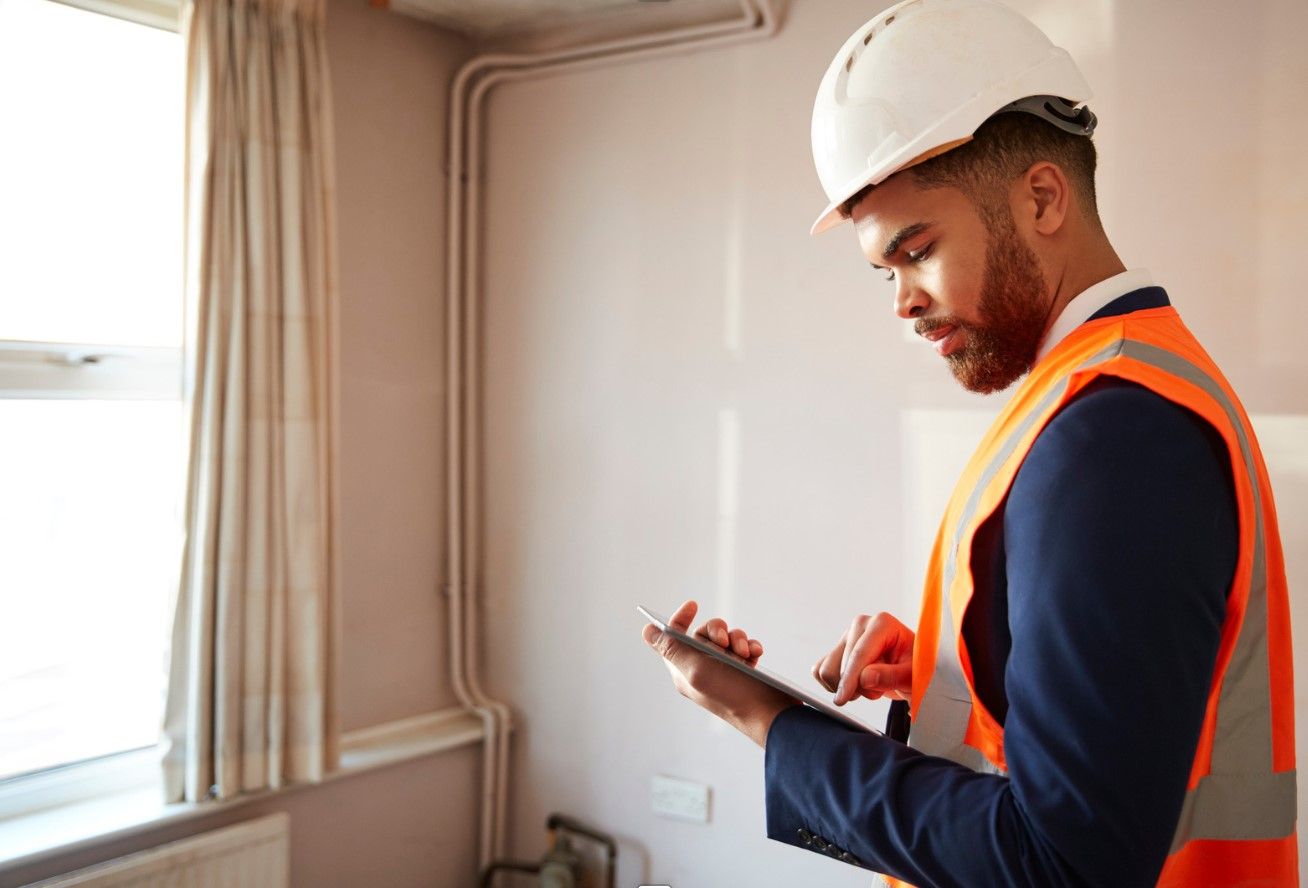What Rising Insurance Costs Mean for Home Values
In recent years, homeowners across the U.S. have been facing a growing concern: rising insurance premiums.

Most real estate contracts allow a certain number of days after it's signed for a buyer to have a home inspection performed. Choose your home inspector carefully by asking your agent or lender for a recommendation. More inspectors are using technology when performing their work so be sure to ask which tools they use to help determine how thorough they will be.
Save Money in the Long Run
Hiring a home inspector who uses the latest advances in technology will save you money in the long run. They are trained to look for safety hazards and defects in homes, some not seen with the naked eye. There are several technological tools an inspector can use to detect issues that cannot normally be seen. If these tools detect issues during the inspection, you may be able to negotiate with the sellers to have the issues repaired or replaced at their cost before closing. Sometimes sellers will offer a monetary credit for home inspection issues that are found. If the issues weren't found during the inspection, you might have costly repairs to pay later on.
Drones
When an inspector flies a drone over the roof, he will see a clear view of the roof and gutters. He'll be able to see if the roof has any loose or missing shingles, if they are disintegrating or if there are any unwanted objects on the roof. It's also safer, because the inspector won't have to climb up a ladder to get on the roof. The home inspector can also use a drone in a hard to reach area such as an attic. He can look for signs of leaks, problems with insulation or critters that may have gotten into the attic.
Infrared Thermal Imaging
Infrared thermal imaging is when a thermographic camera is used to capture images using infrared radiation. These cameras can detect heat or electrical hot spots inside walls. This is a great tool for fire prevention. They can detect air infiltration in windows, doors, walls and ceilings. They also detect moisture in case of leaks inside walls, floors or ceilings. Sometimes moisture from the elements gets in through windows and doors as well.
Moisture Meters
Some home inspectors use high quality moisture meters which detect moisture in walls and ceilings. If there is too much moisture behind walls and ceilings, mold can grow. Mold can be dangerous and cause allergies and cold-like symptoms or even more serious health issues.
Electric Circuit Testers
One of an inspector's jobs is to test the electrical outlets to make sure they work properly. They can use an electric circuit tester to do this. These devices can also measure electrical current, voltage and more. Electrical problems can cause safety hazards such as fires.
When home inspectors use technology in their home inspections, it creates a higher quality report. The use of technology in home inspections can make your family safer and keep your home value up to par. When interviewing home inspectors, ask them if they use technological tools in their inspections. Your best bet is to choose a home inspector who uses as much technology as possible.